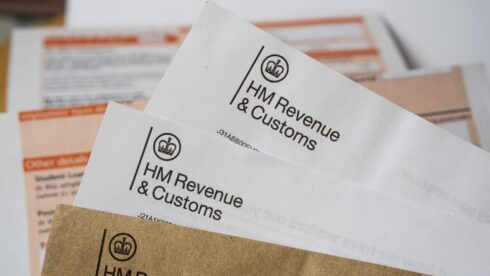Greenwashing in business – how to avoid making false claims
Melanie Richardson
12/10/2022
Green consumerism is on the rise and businesses are using eco friendly messaging to differentiate and attract a more eco conscious consumer demographic. In a bid to reach a larger share of this market, some businesses across a range of sectors are making vague or false “green” claims about their products and services, claiming to be better for the planet than they really are.
This article will briefly outline legal requirements to ensure that your business remains on the right side of requirements however, please consult your legal advisers if you have any queries or worries about how you are marketing your products.
Legal requirements
There is no specific anti greenwashing legislation in the UK. Consumers in the UK benefit from rights when buying goods and services from businesses, including Protection from Unfair Trading Regulations (2008), Data Protection Act (2018) and Consumer Rights Act (2015).
- The Consumer Rights Act 2015 sets out a coherent framework of consumer protections across the spectrum of consumer goods, services and digital content supply contracts, including business to business contracts.
- Trading Standards bodies have broad legal enforcement powers in relation to the underlying consumer law and powers that protect consumers from misleading claims and reputable businesses from unfair practices by other businesses.
- The Advertising Standards Authority (ASA) regulates the content of adverts by enforcing its advertising codes taking action against misleading advertisements. Businesses can also face legal action from consumers themselves for breaches of consumer protection law.
- The Competition and Markets Authority (CMA) is the principal competition regulator in the UK, responsible for strengthening business competition and preventing and reducing anti-competitive activities. It also has wide ranging powers to protect consumers from greenwashing and unfair trading practices.
In 2021 the government announced new enforcement powers for the CMA to deal with businesses that breach consumer protection law, including for example enhanced investigative powers into greenwashing.
Issues arising
The CMA has published a new Green Claims Code with guidance to help businesses understand and comply with their responsibilities under consumer protection law when making environmental claims.
You can view the government documents by following this link
https://www.gov.uk/government/publications/green-claims-code-making-environmental-claims
The CMA’s view is that businesses must ensure that their environmental claims:
- are truthful and accurate
- are clear and unambiguous
- do not omit or hide important facts
- compare goods or services in a fair and meaningful way
- consider the full life cycle of the product or service
- can be substantiated.
In January 2022 the CMA began a full review of misleading green claims to investigate the legitimacy of eco friendly claims and how they are being marketed. A review of the UK textile and fashion retail sector is in progress and a review into travel, transport and consumer goods such as food and beverages, beauty products and cleaning products, will follow. Legal action is expected against businesses that breach the rules.
If you are using eco friendly messaging with regards to your products or services, it is crucial that you adhere to these guidelines to avoid damaging your business’ reputation and sales. If you have any queries over your marketing, please get in touch with your legal advisers to ensure you are compliant.
Sign up to receive our private content
straight to your inbox






